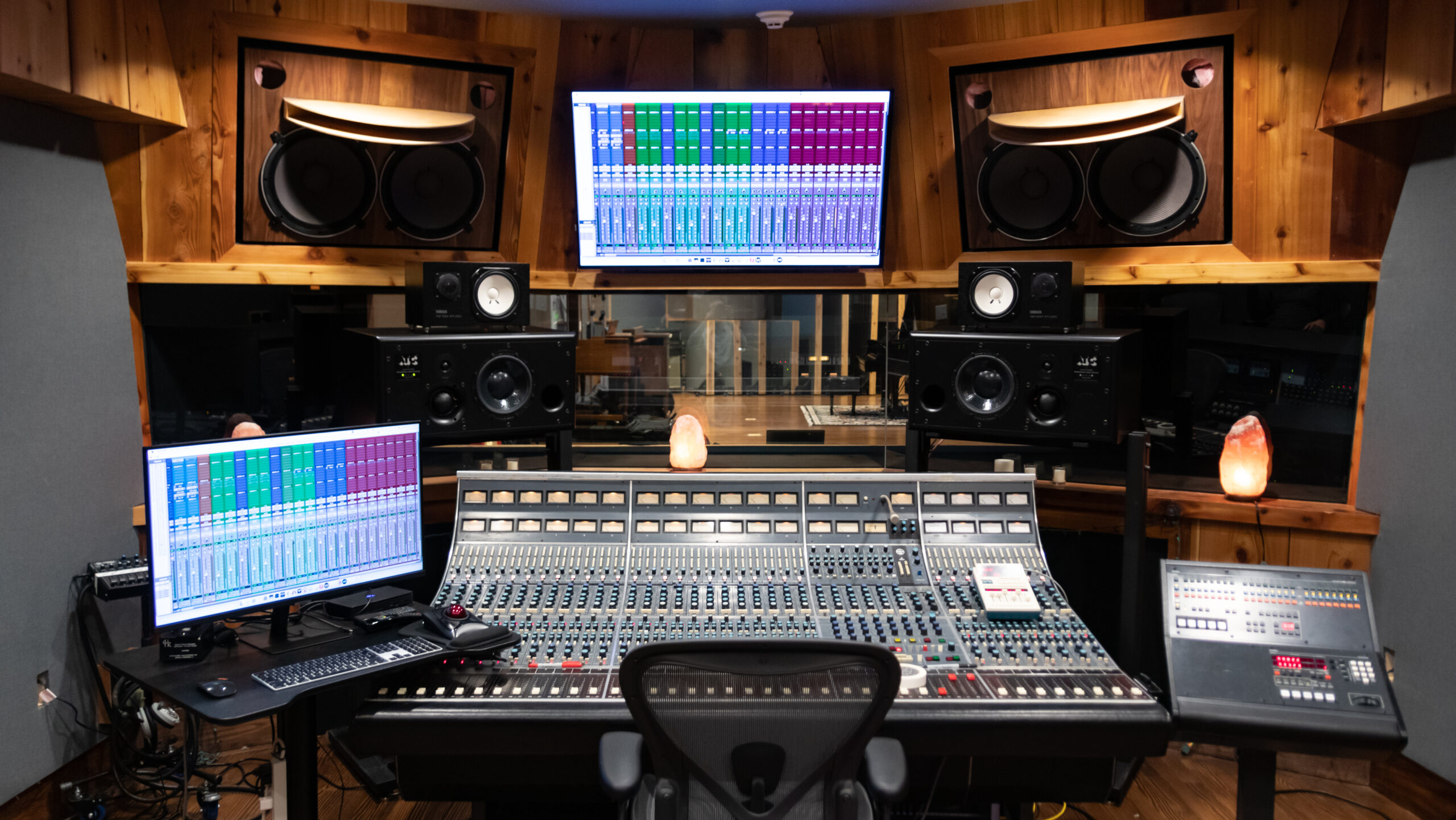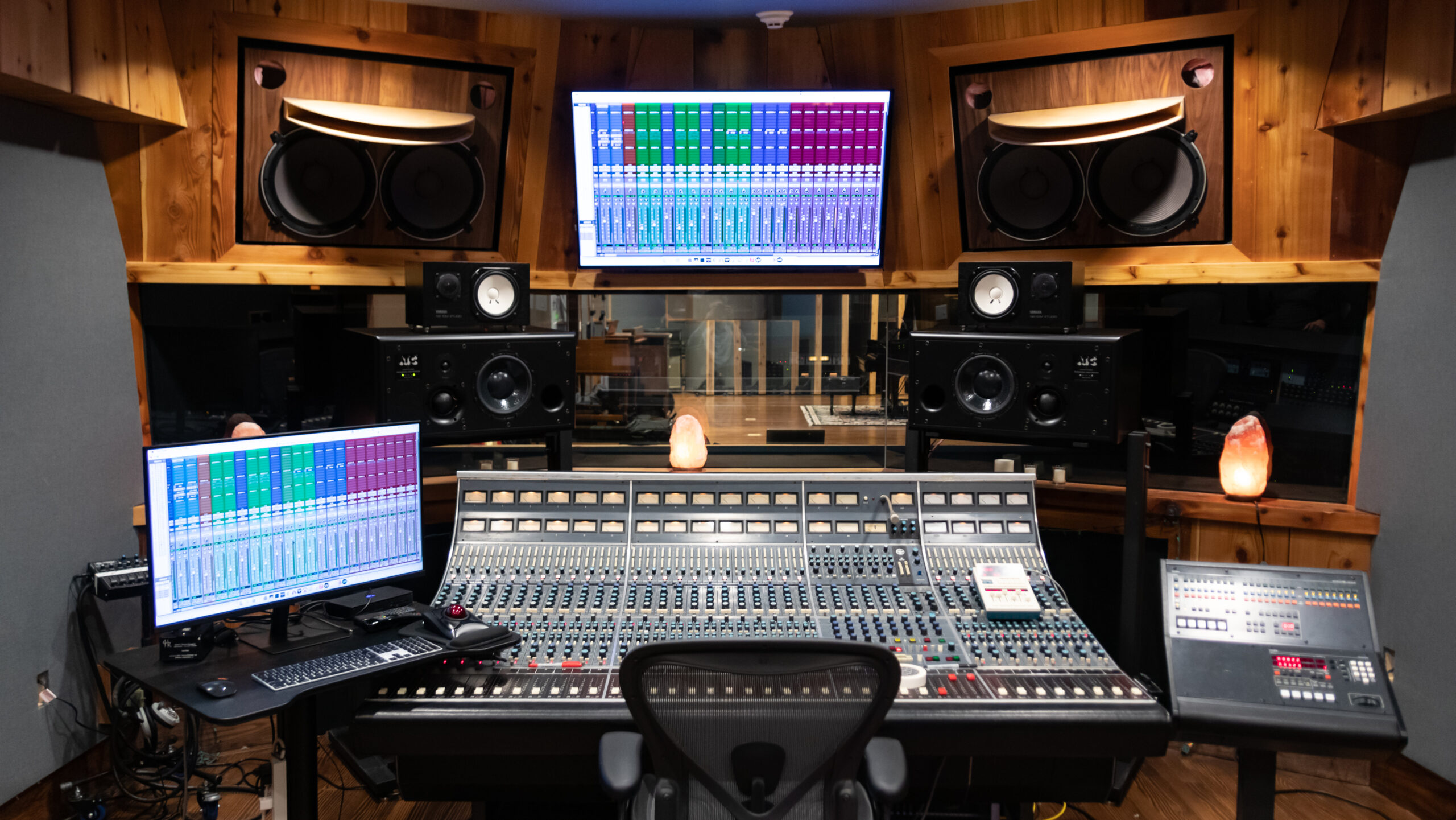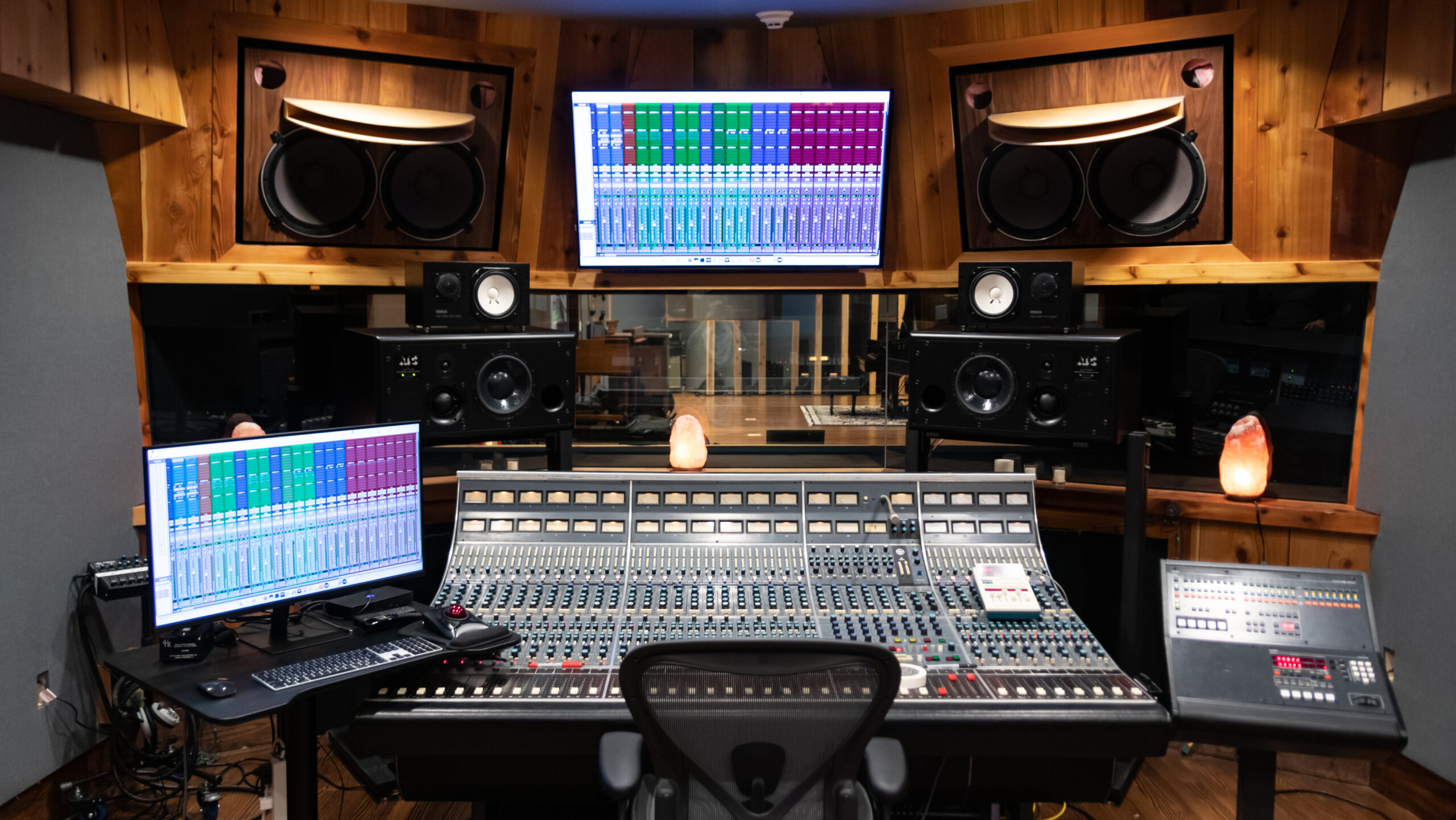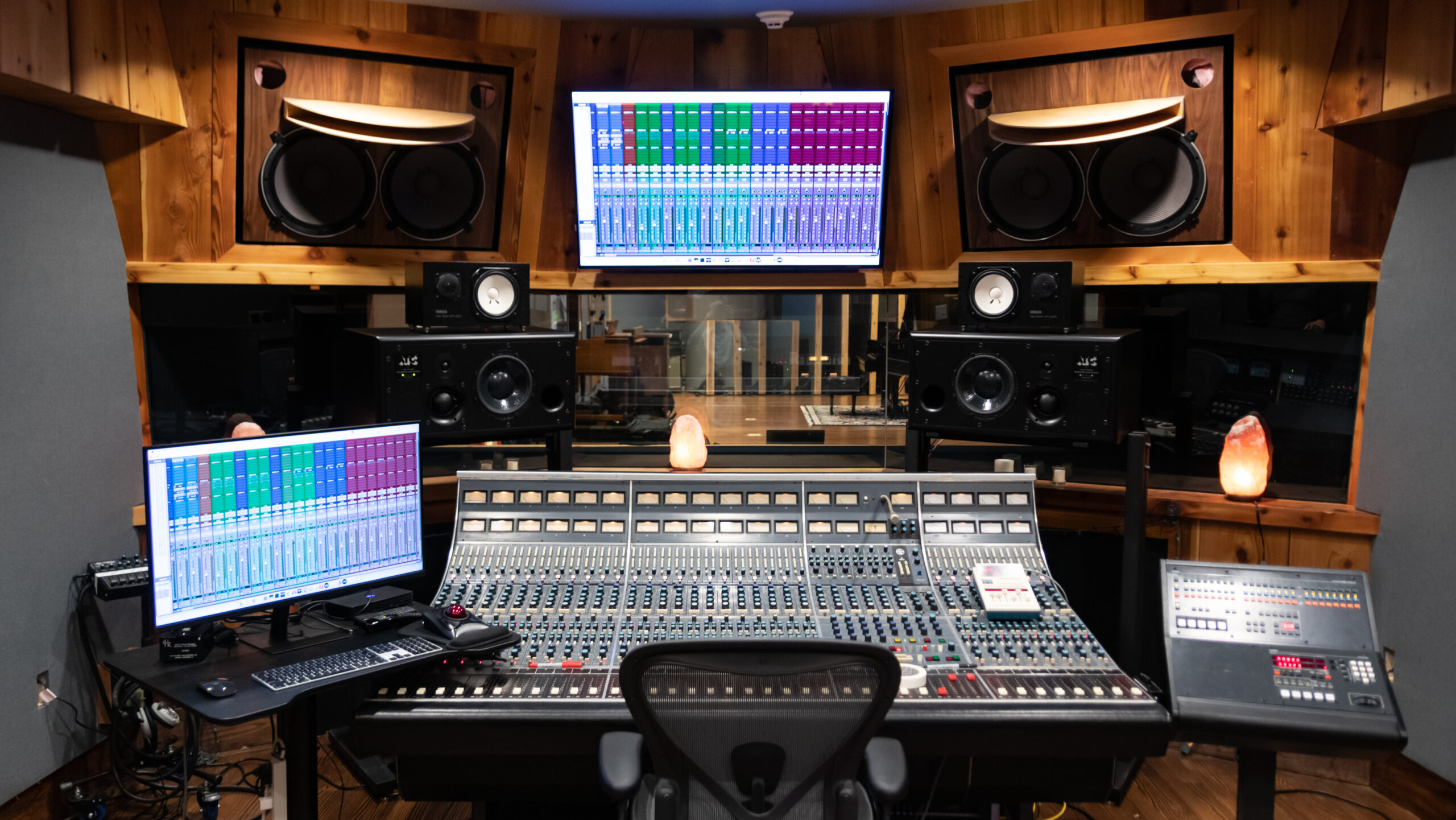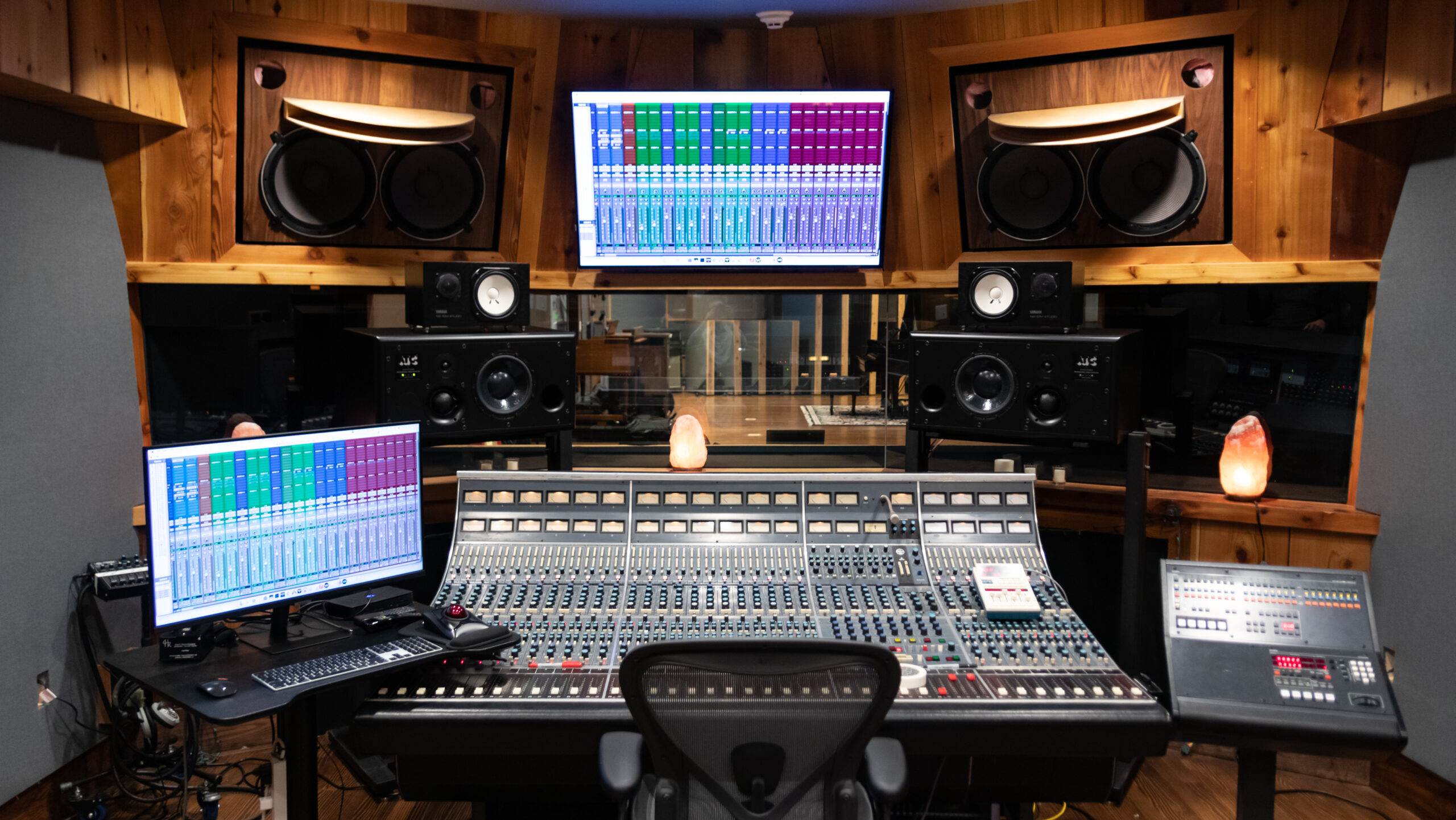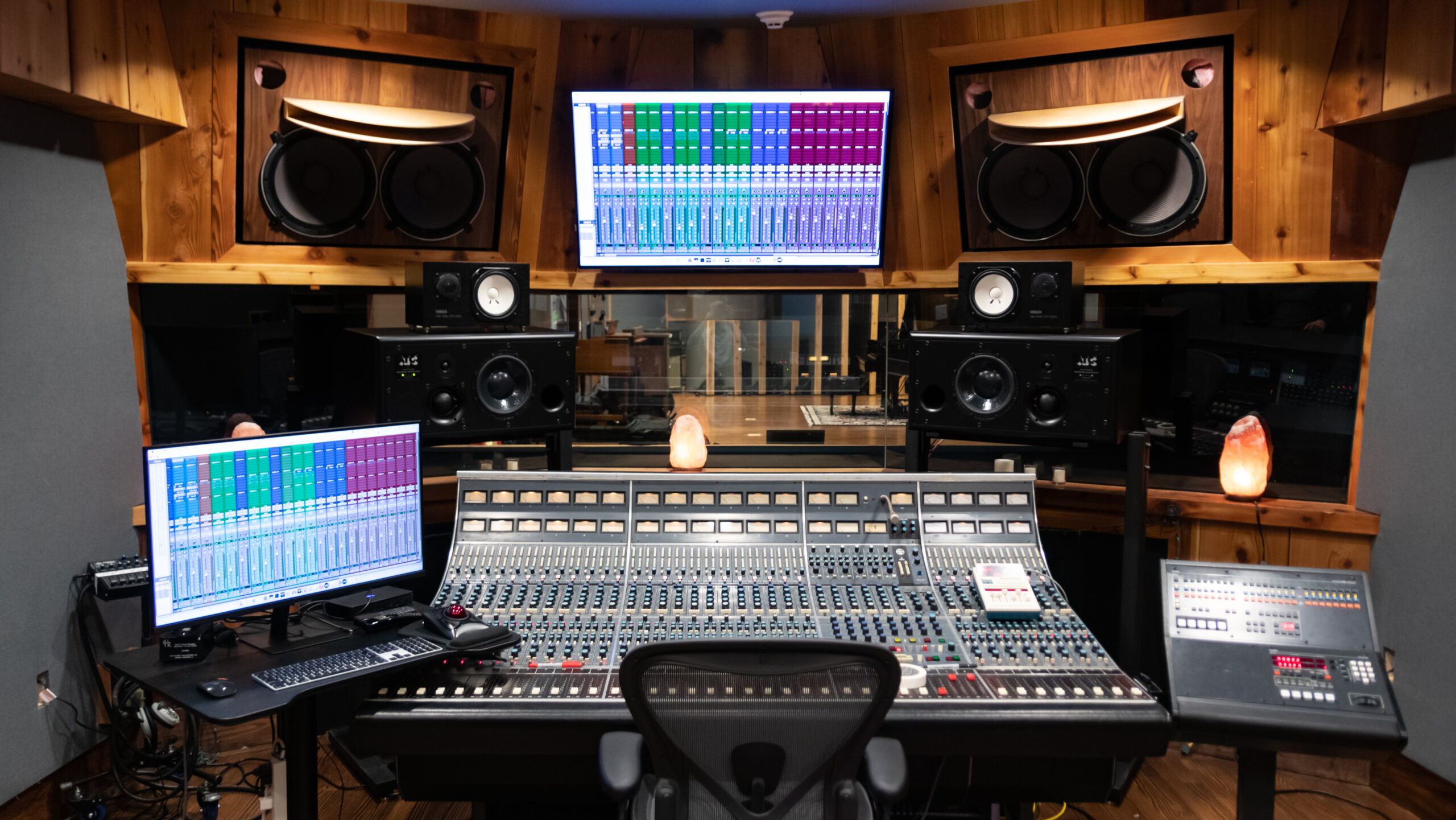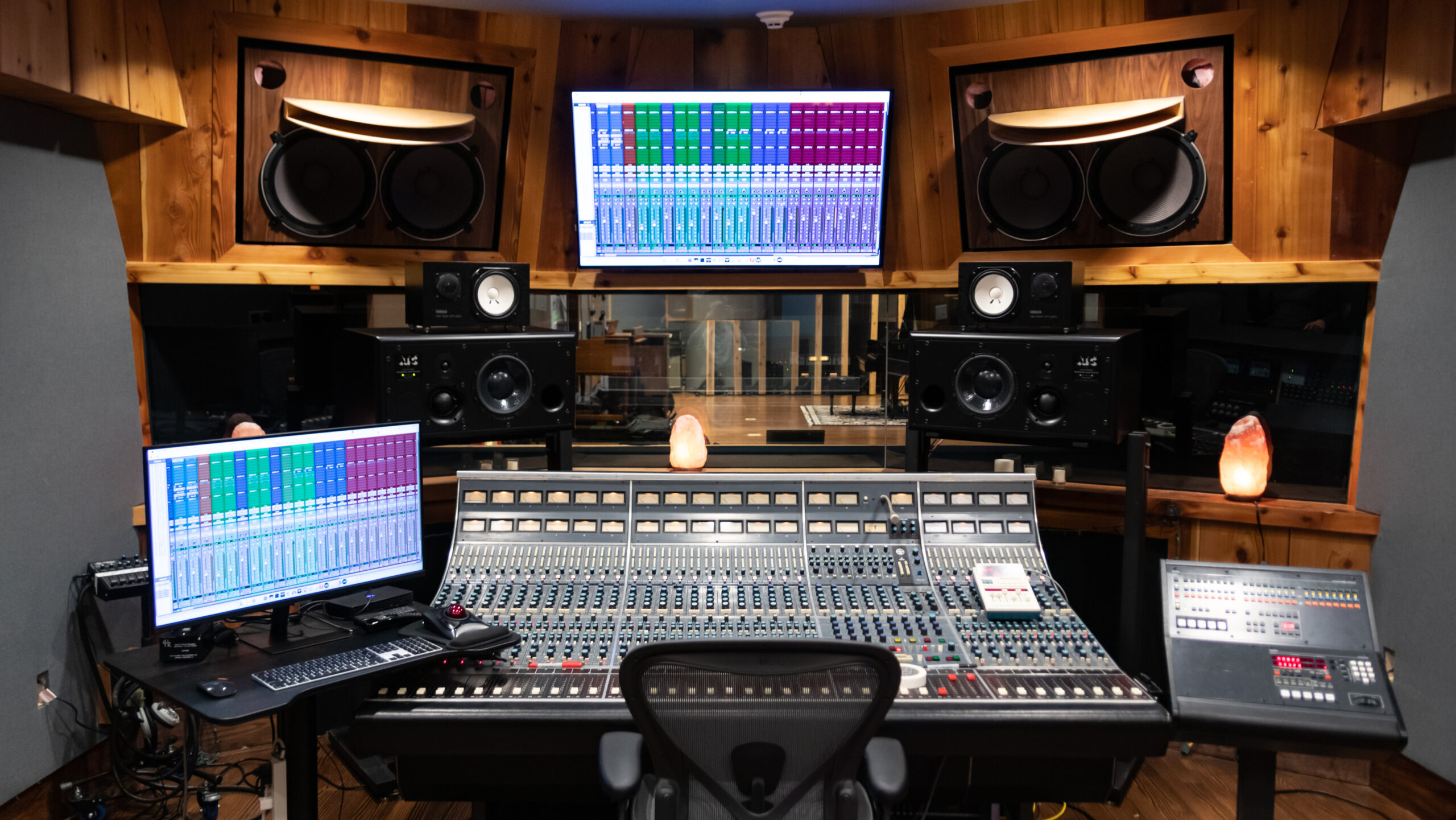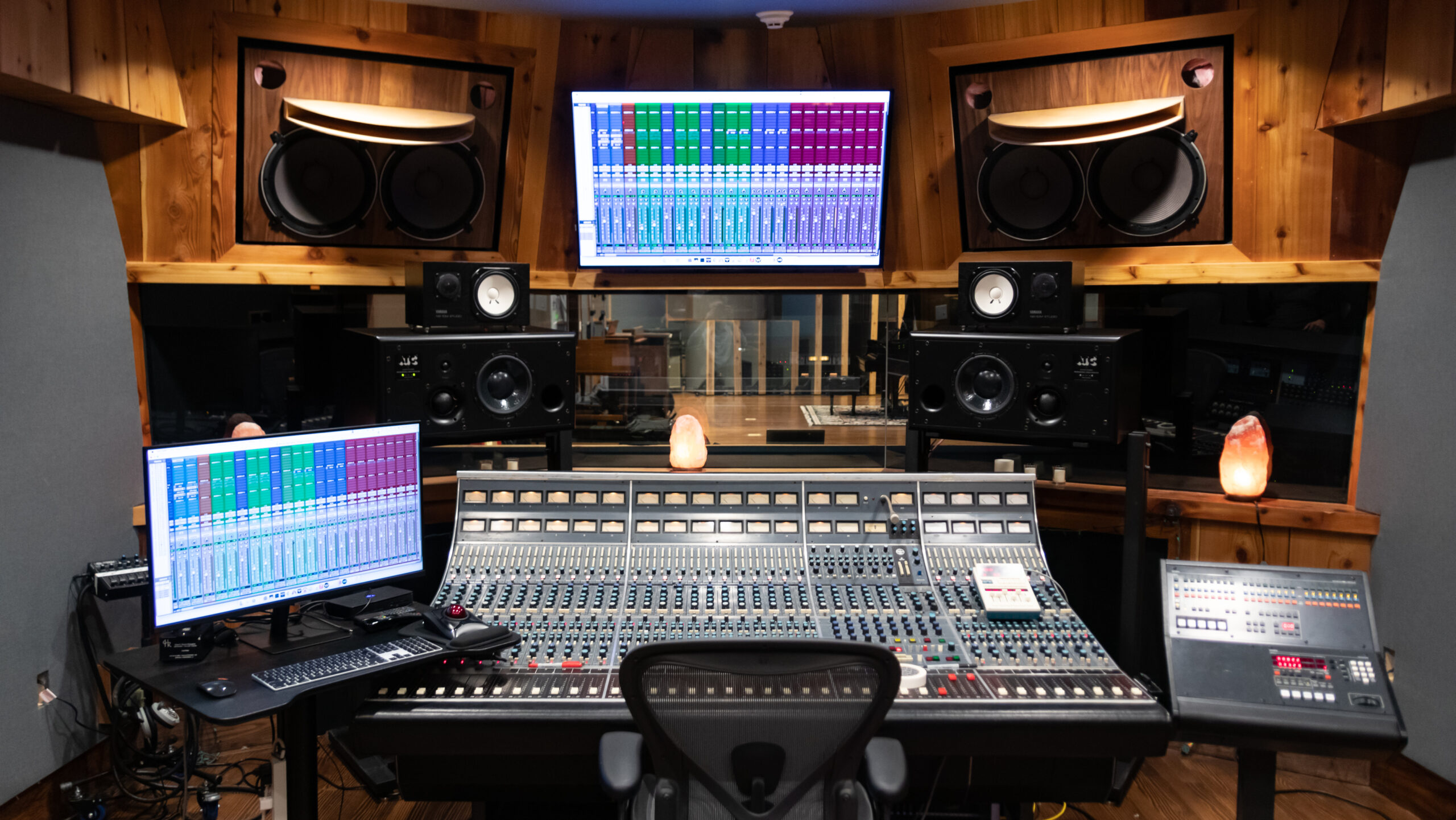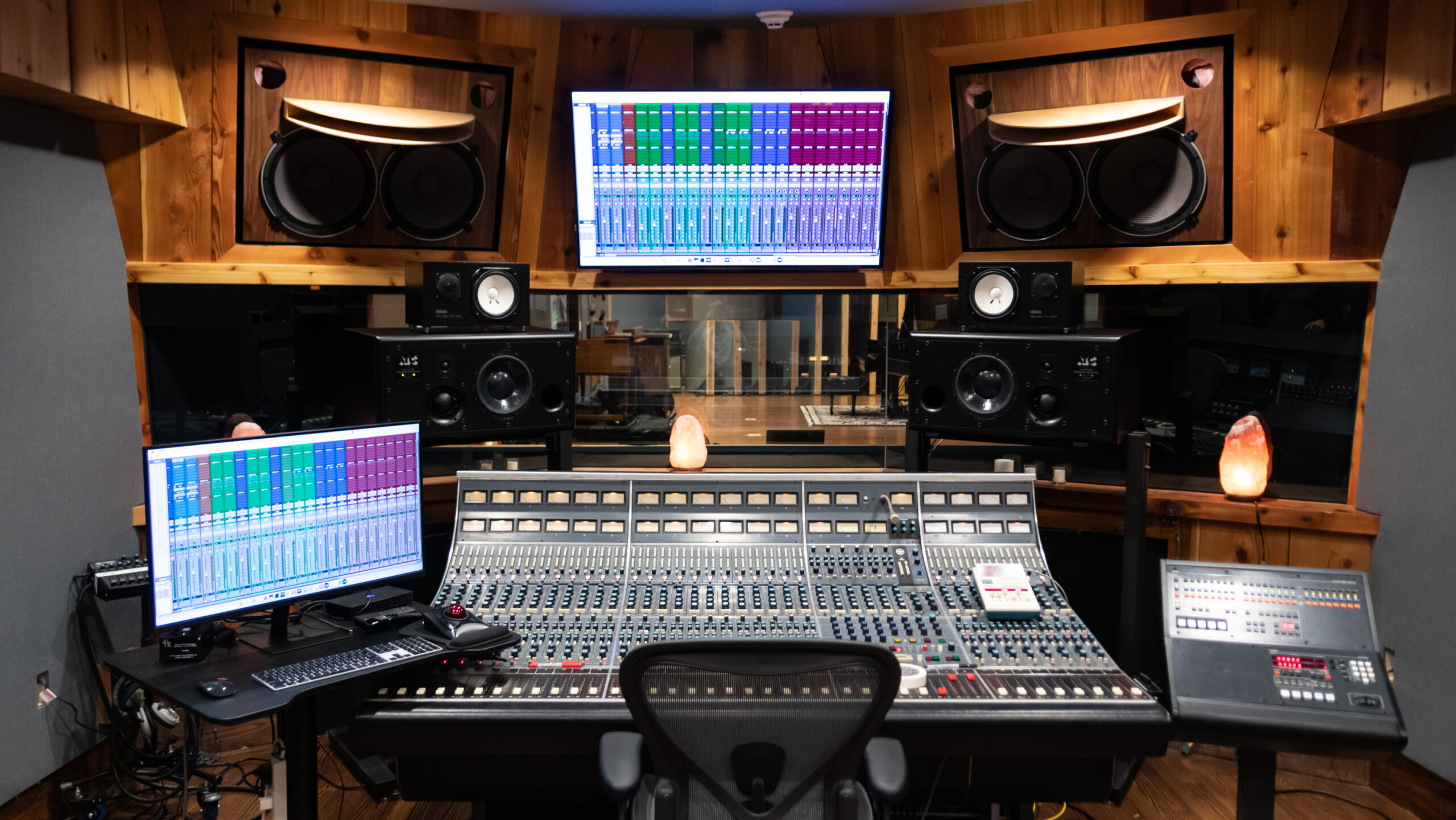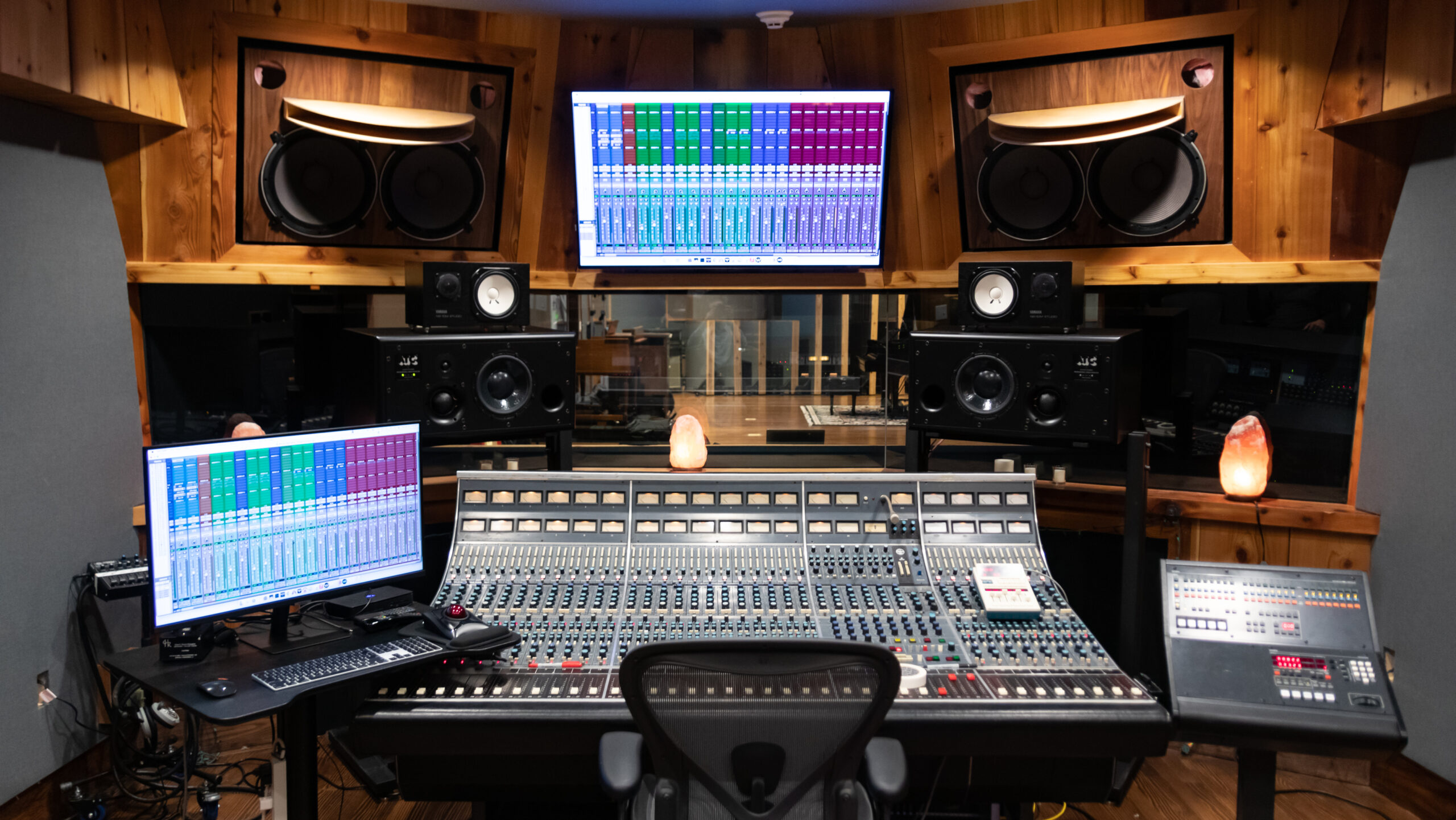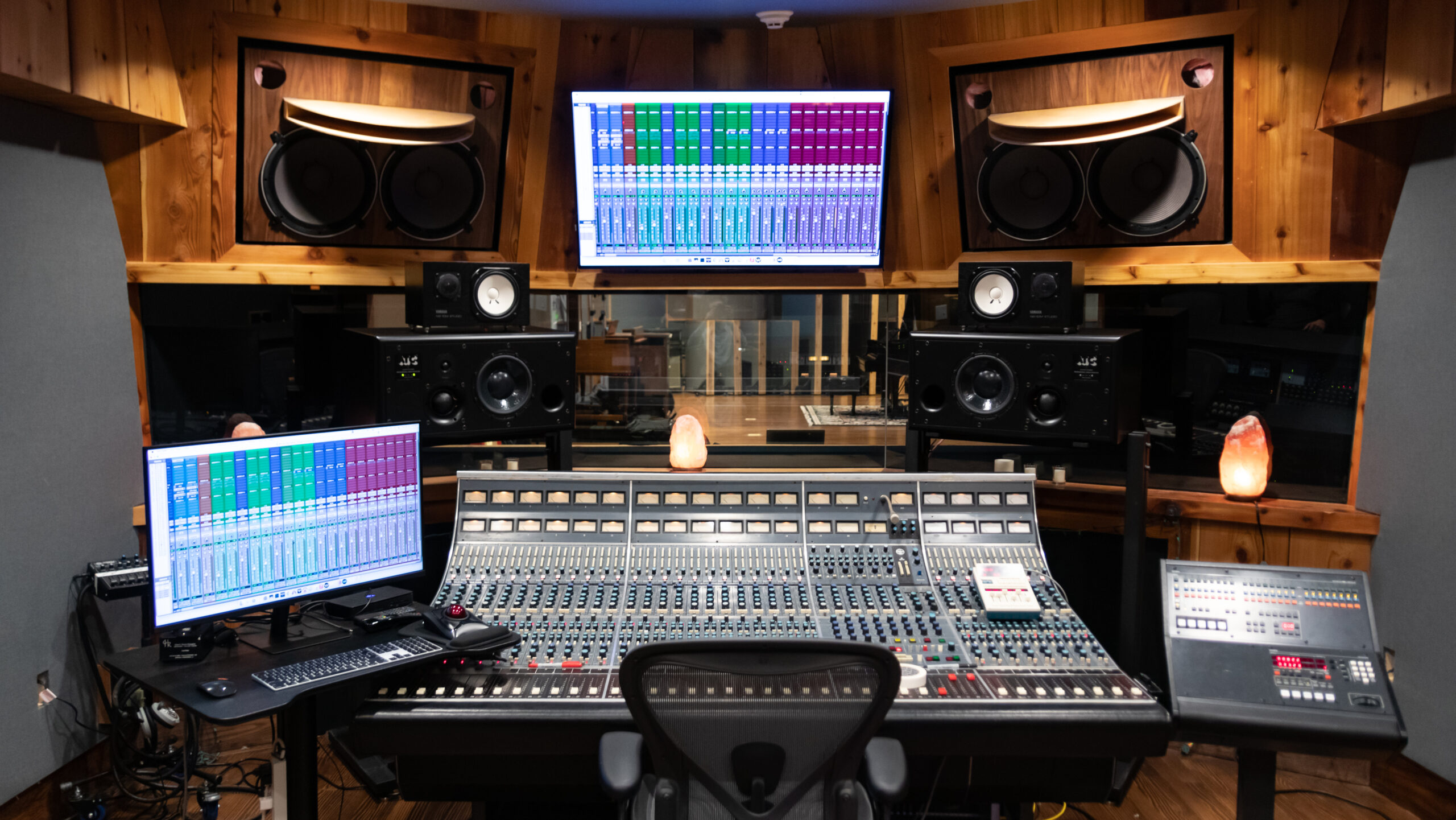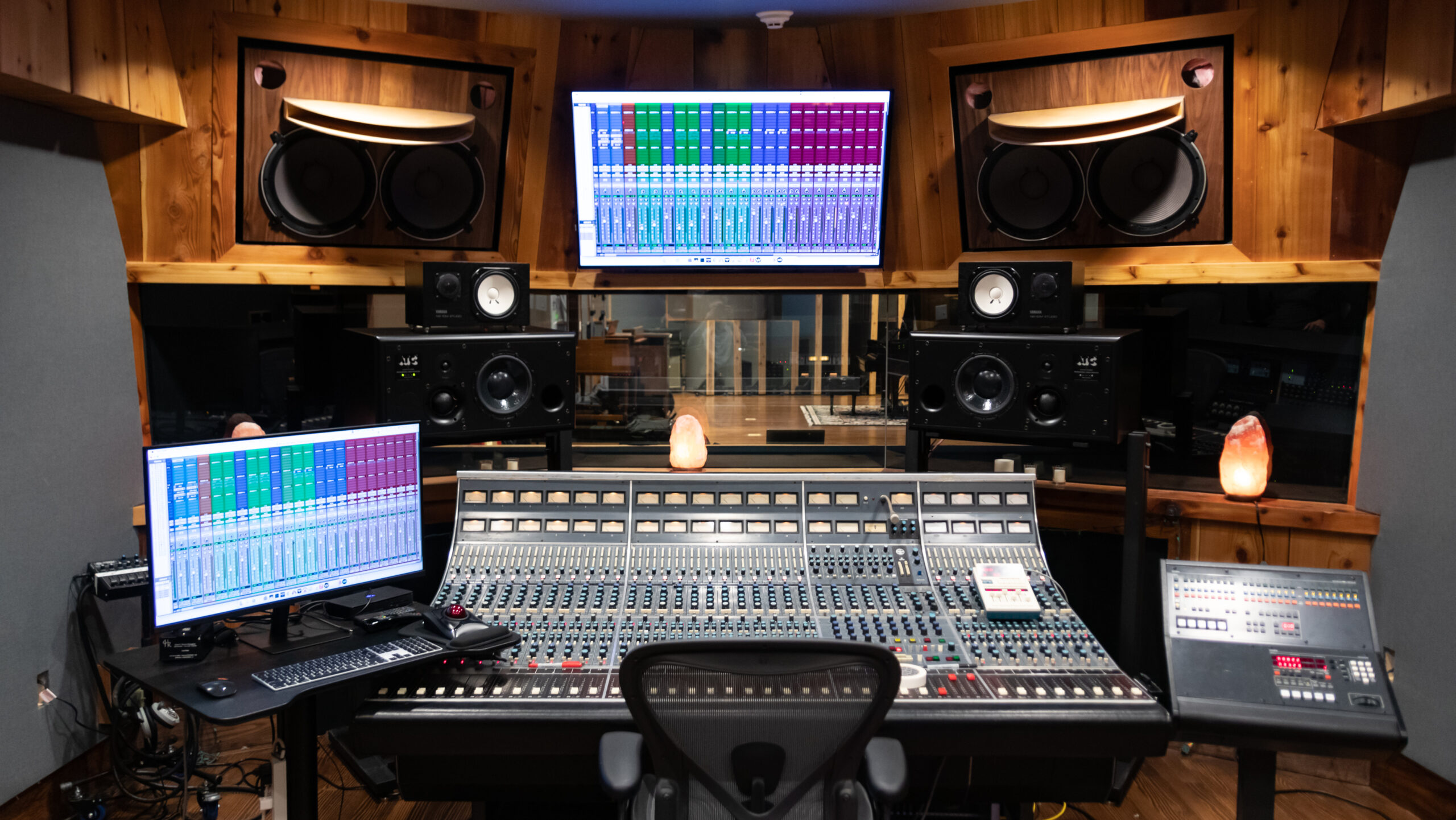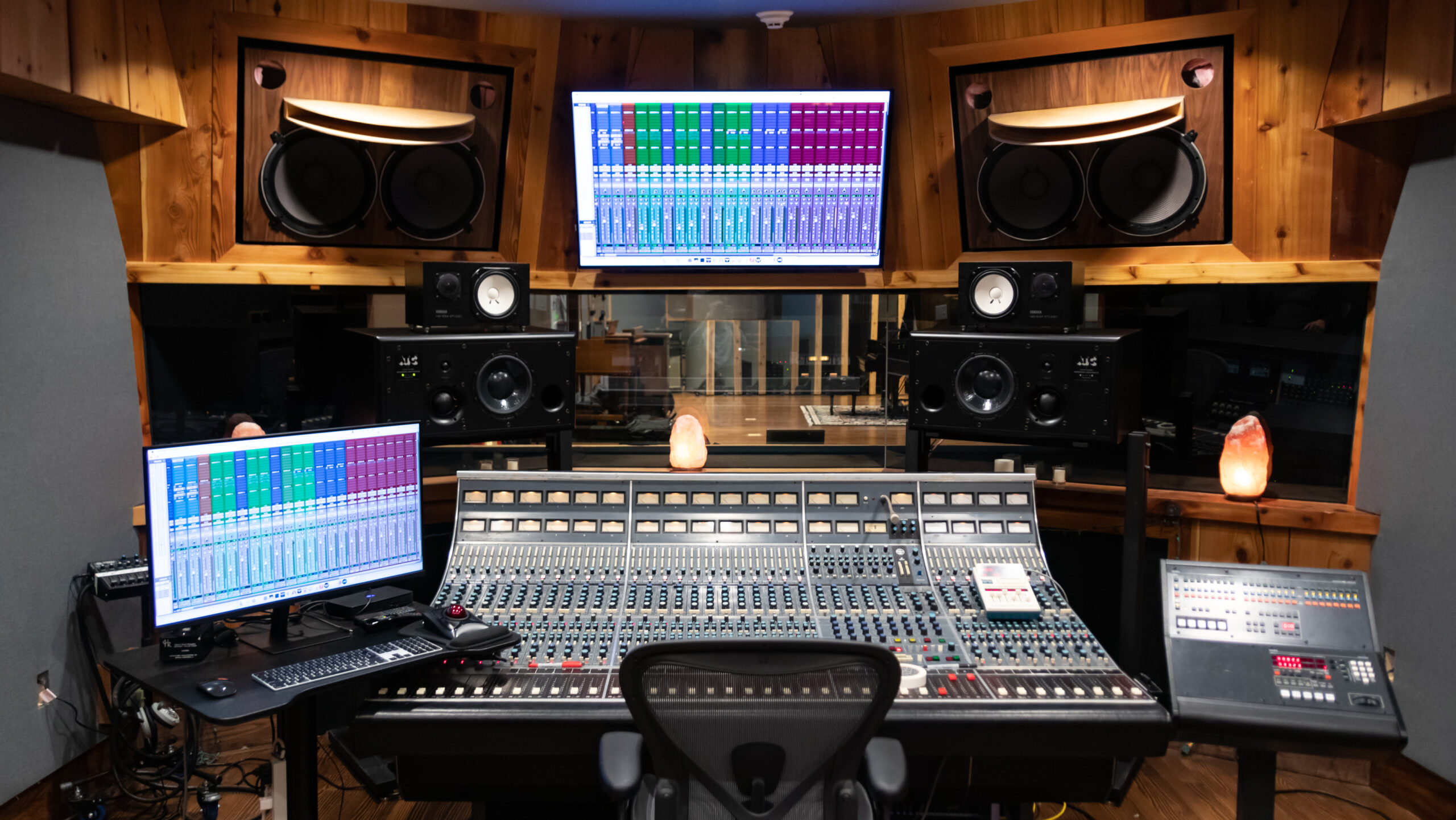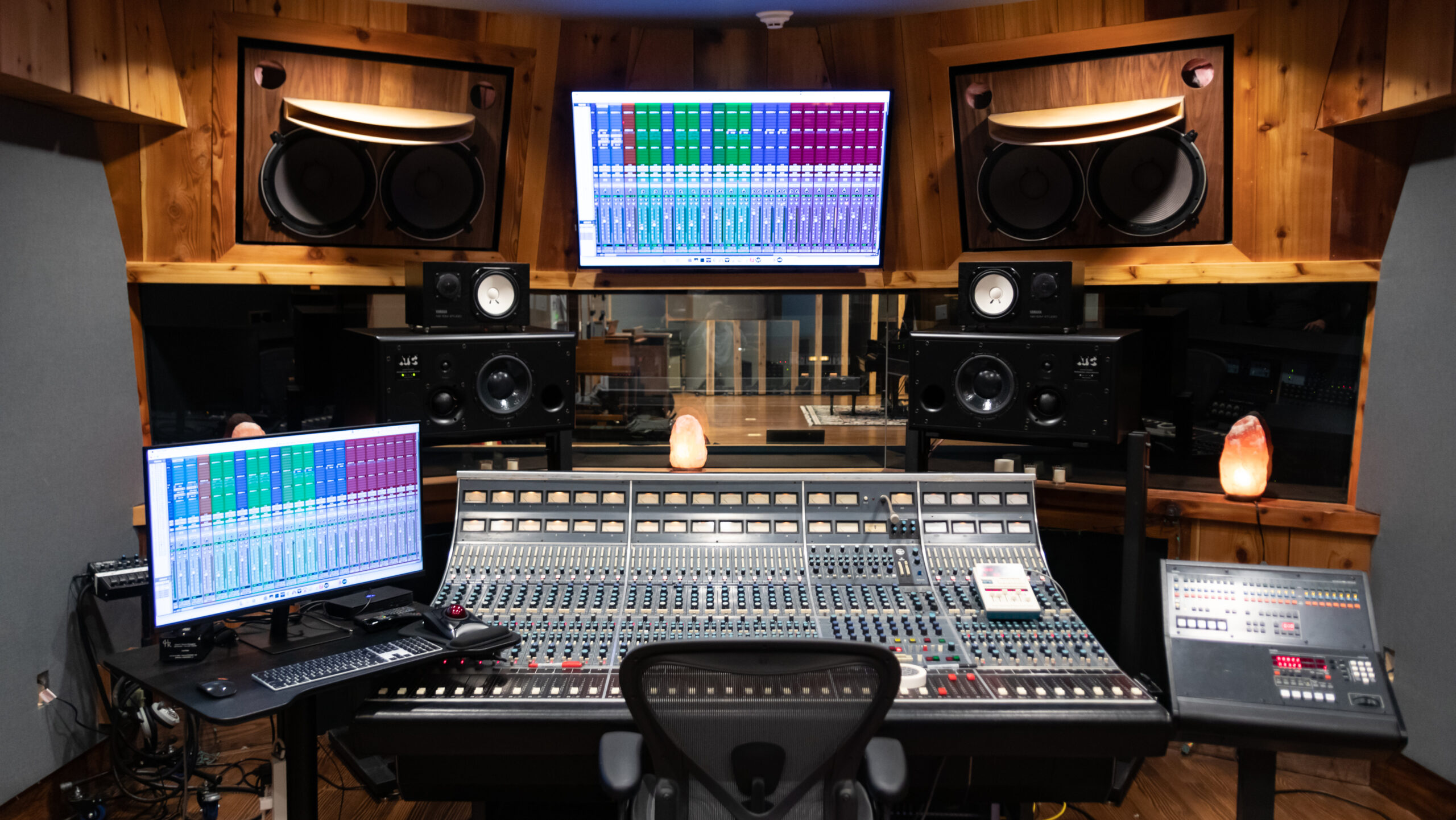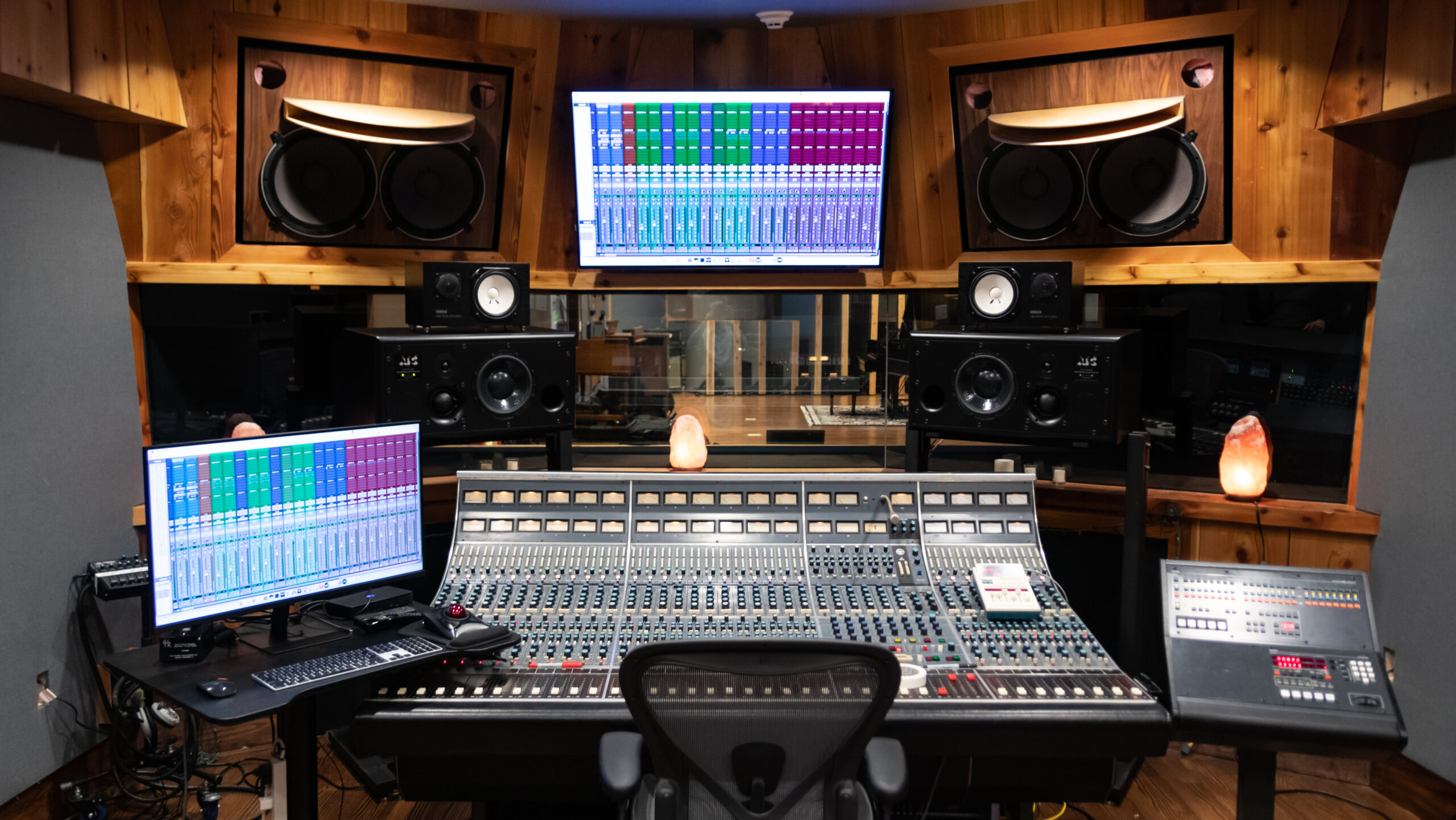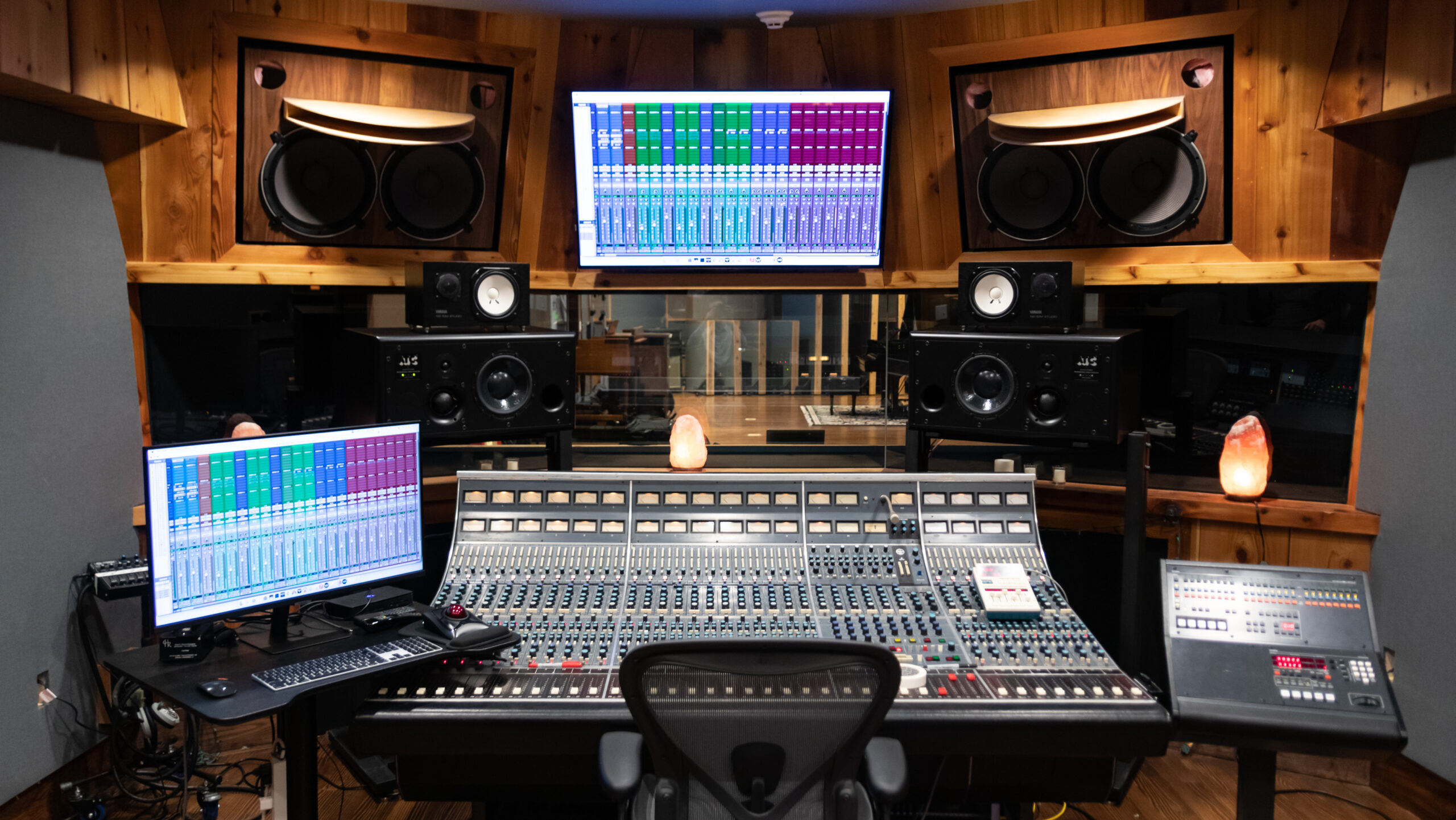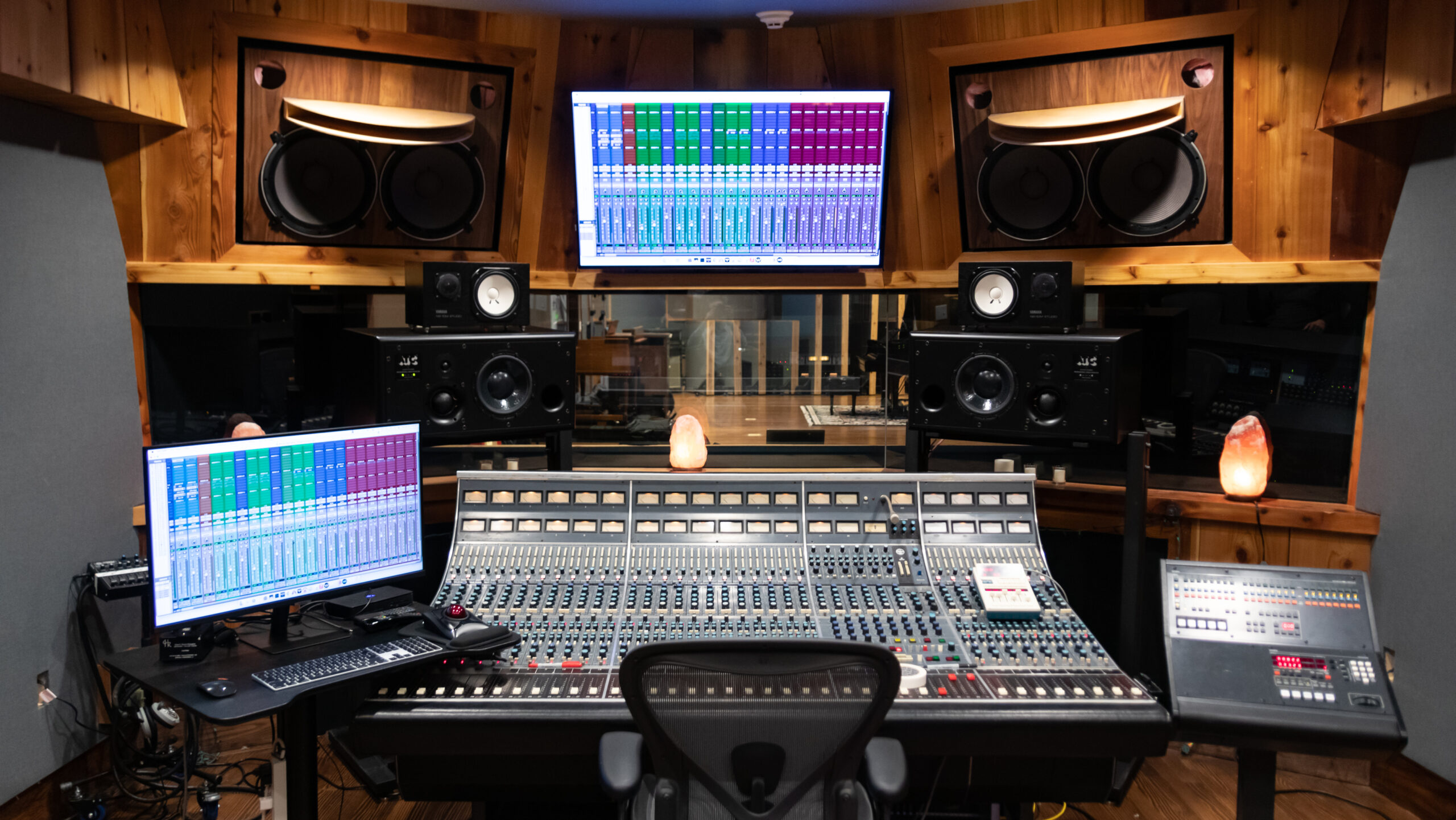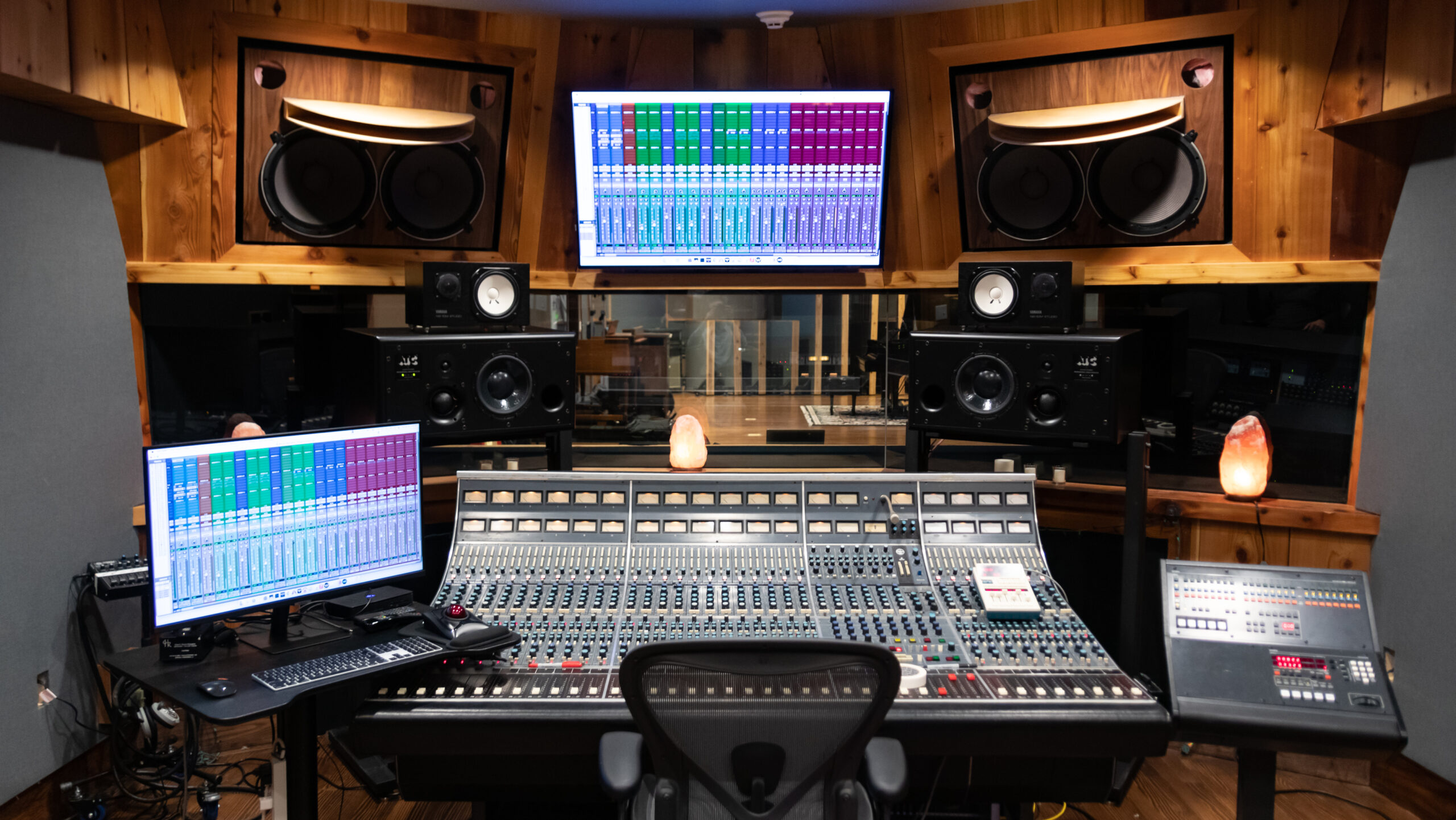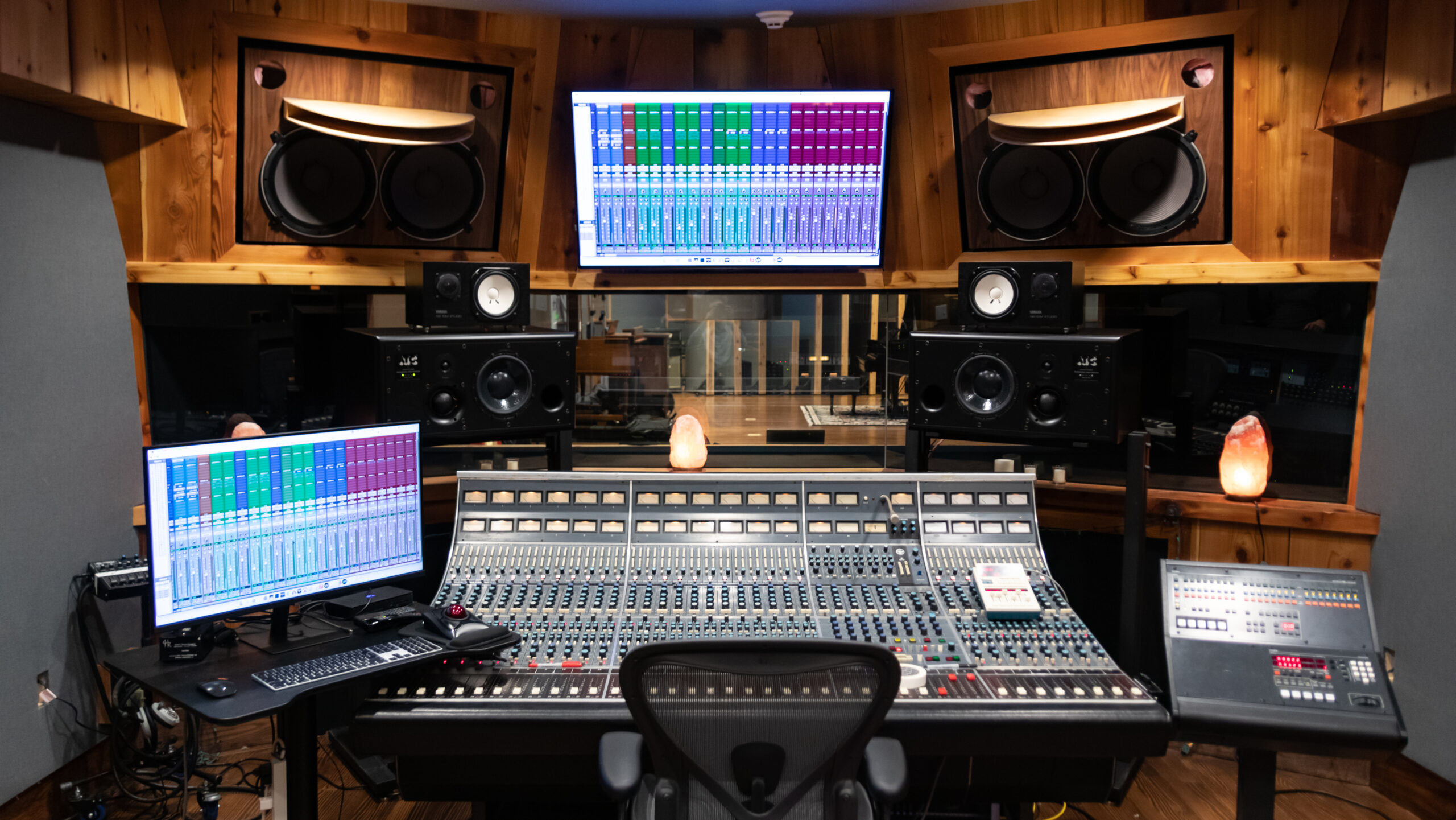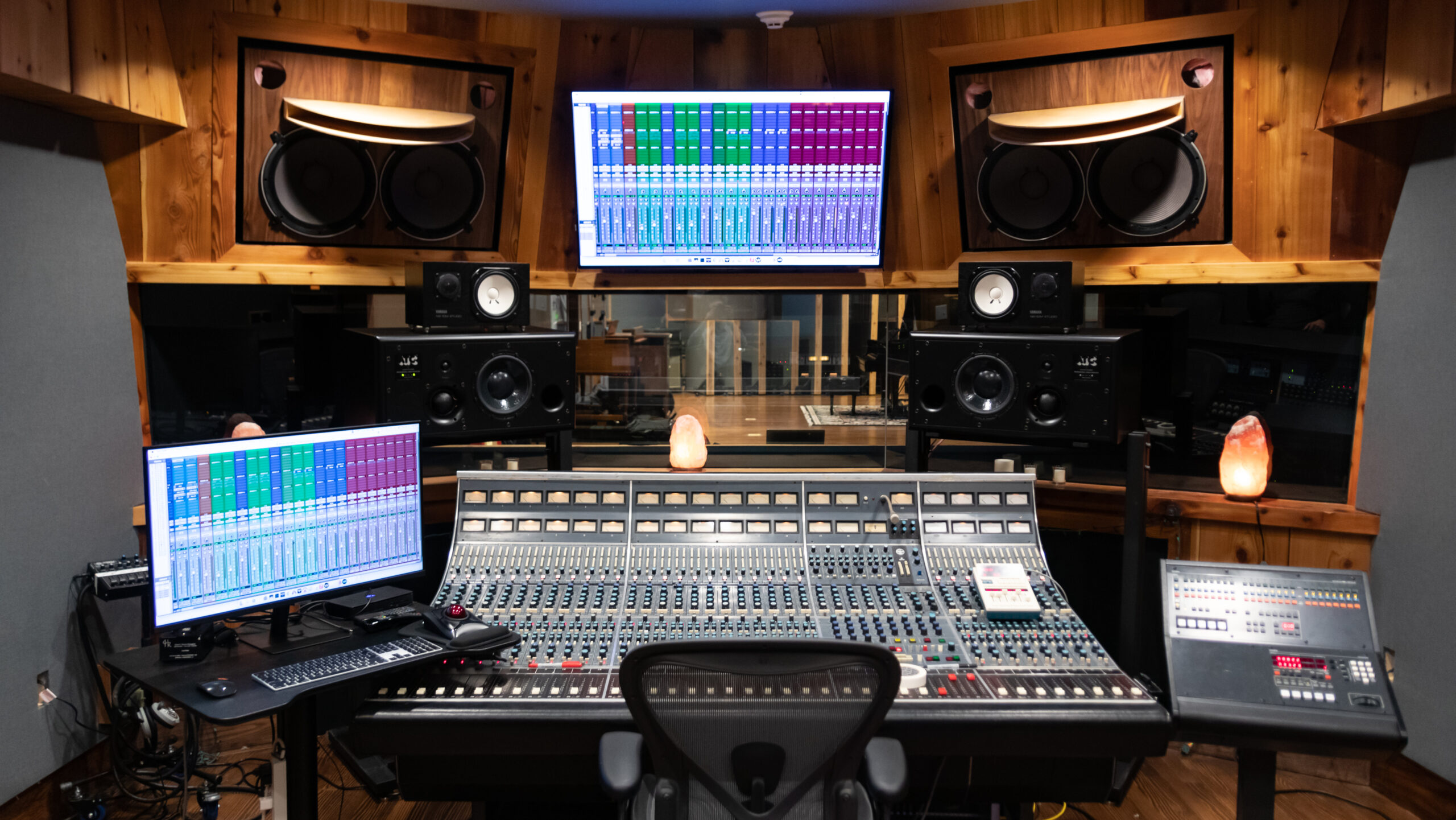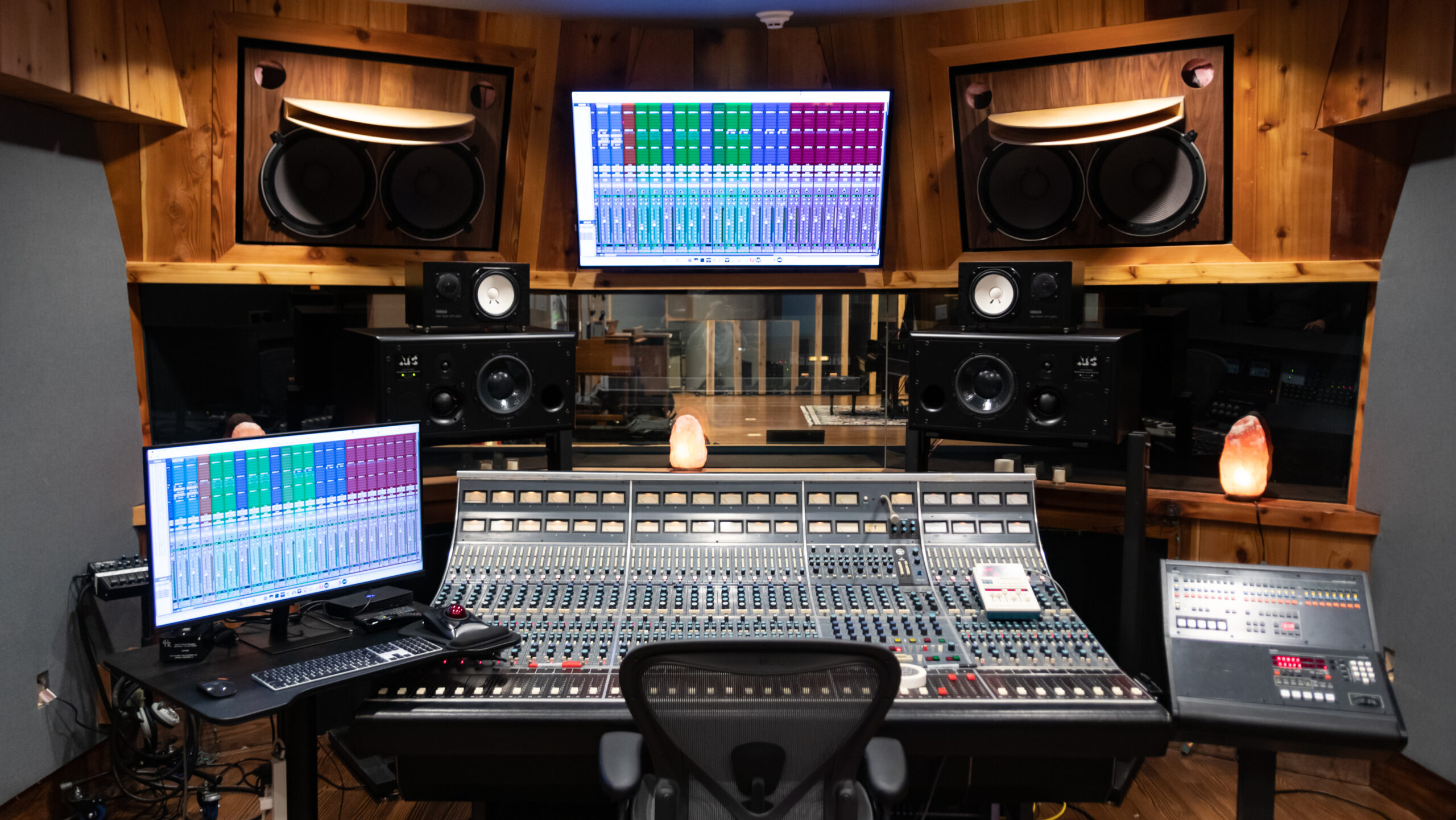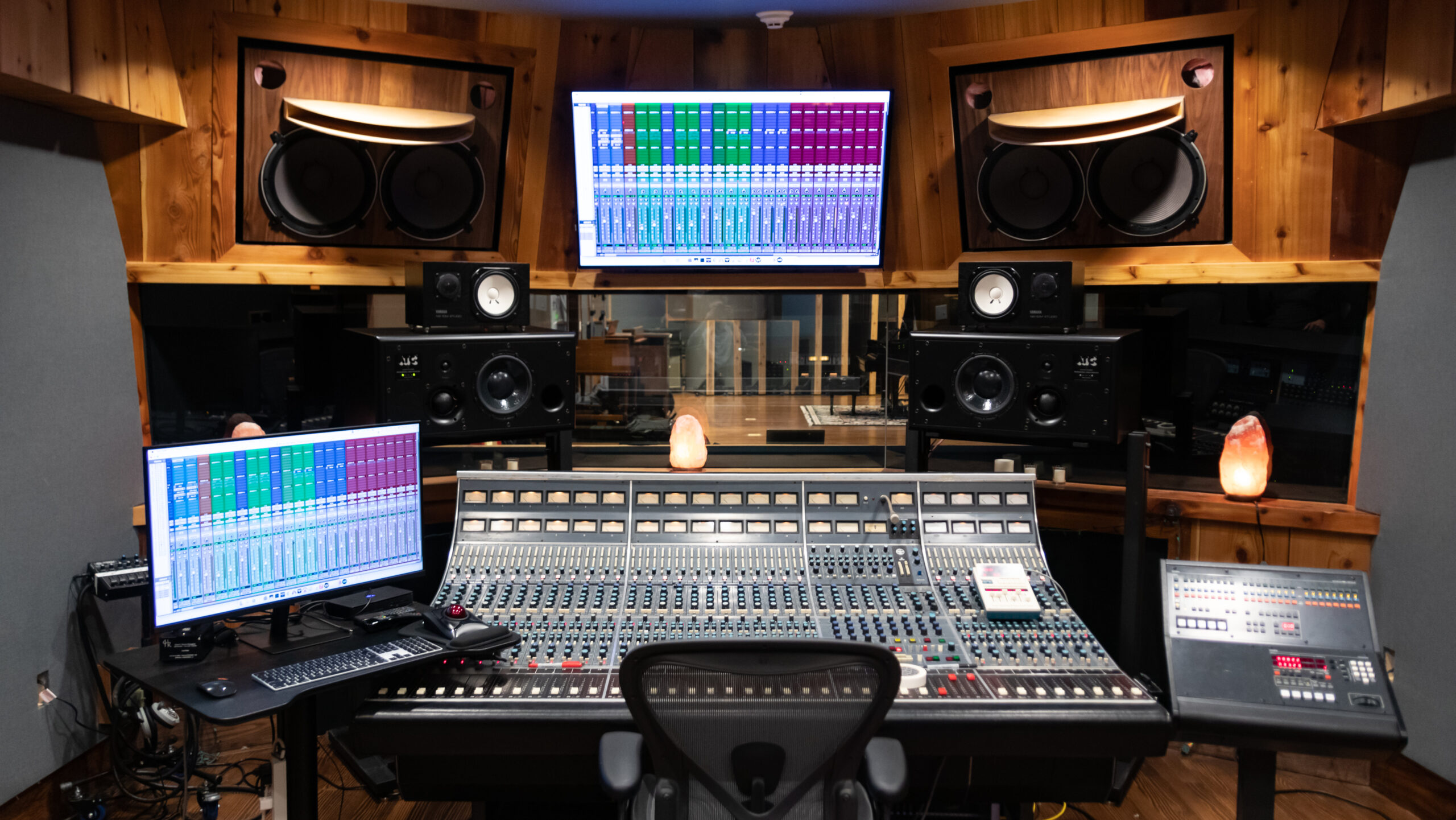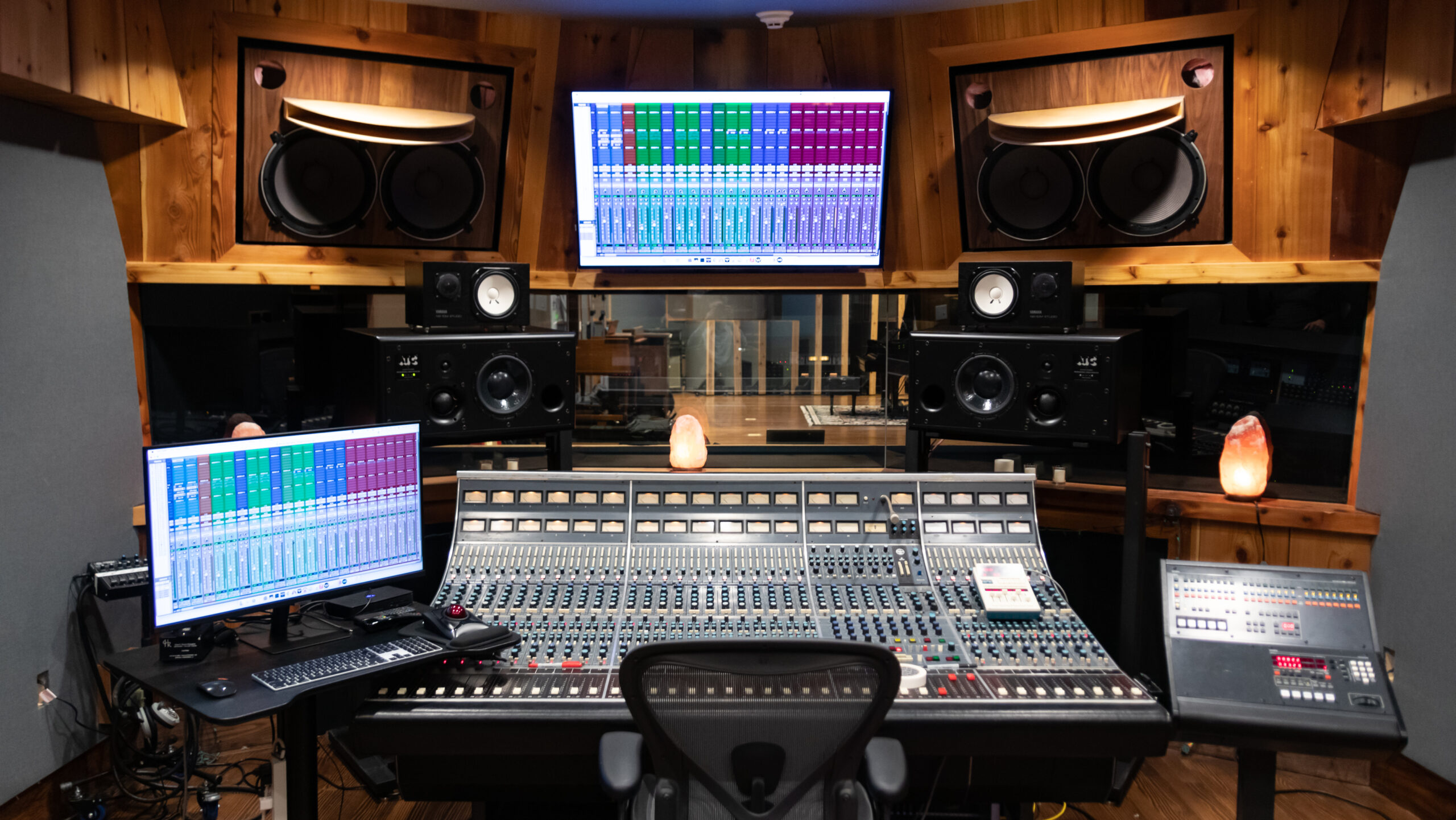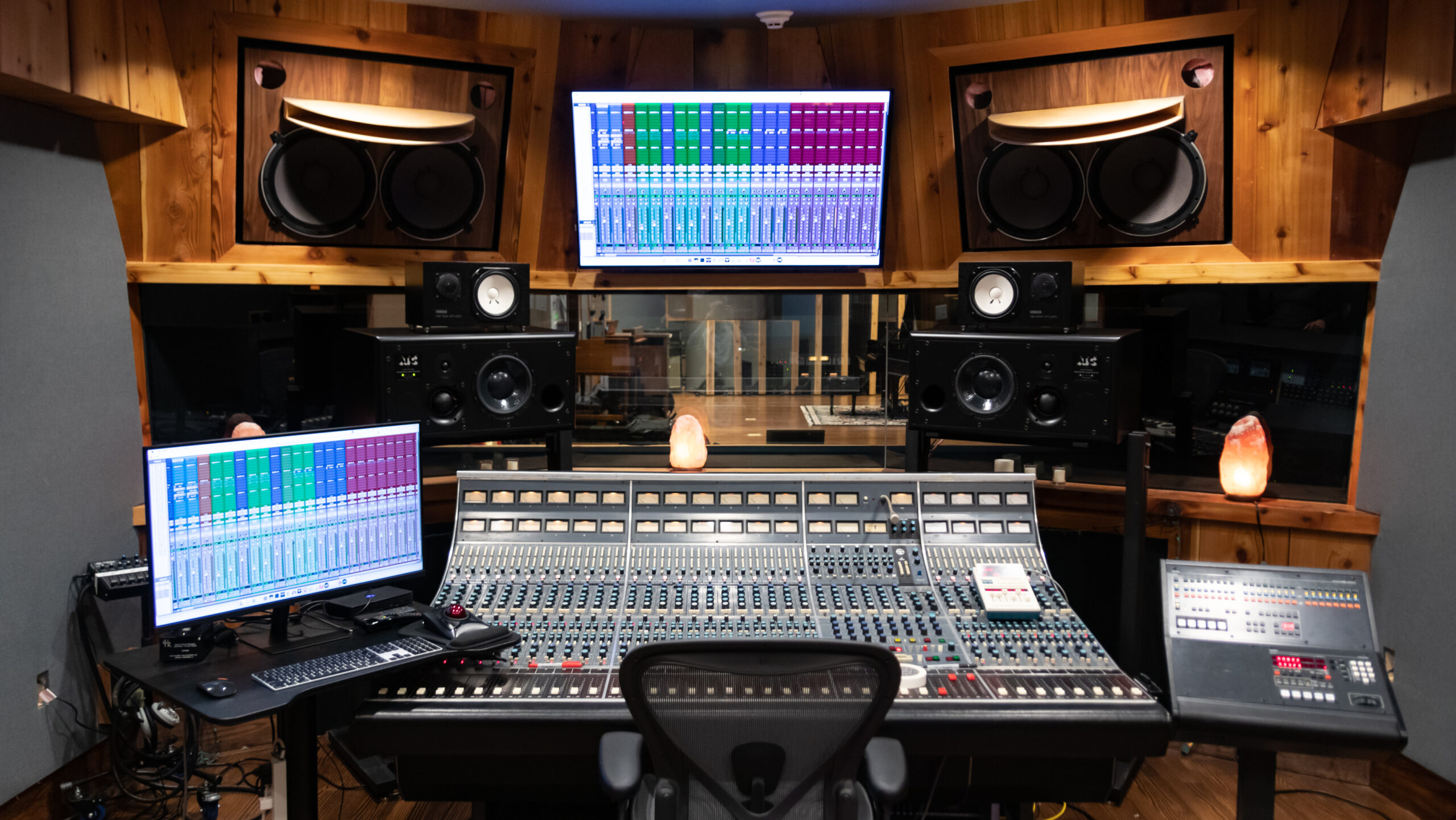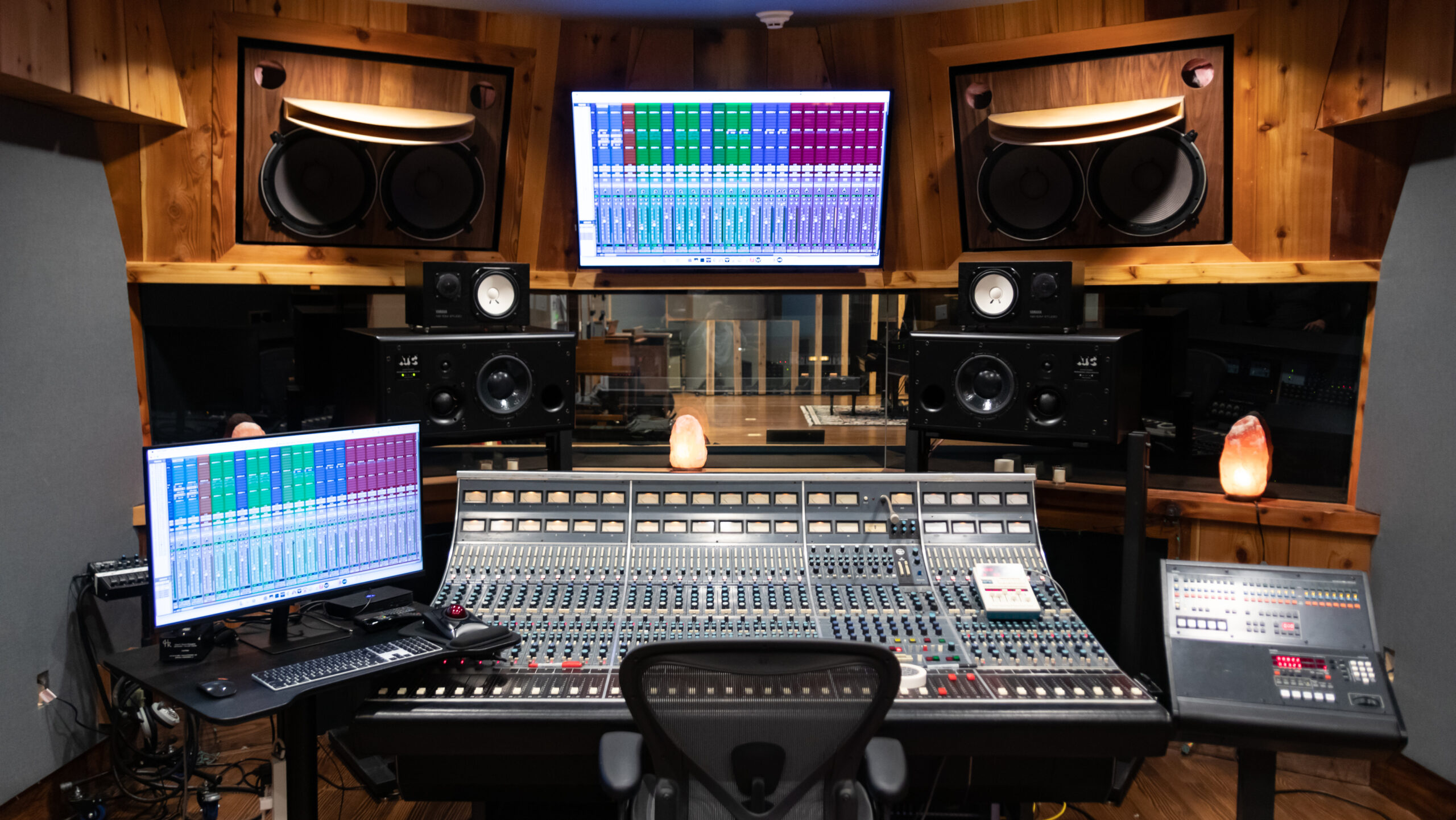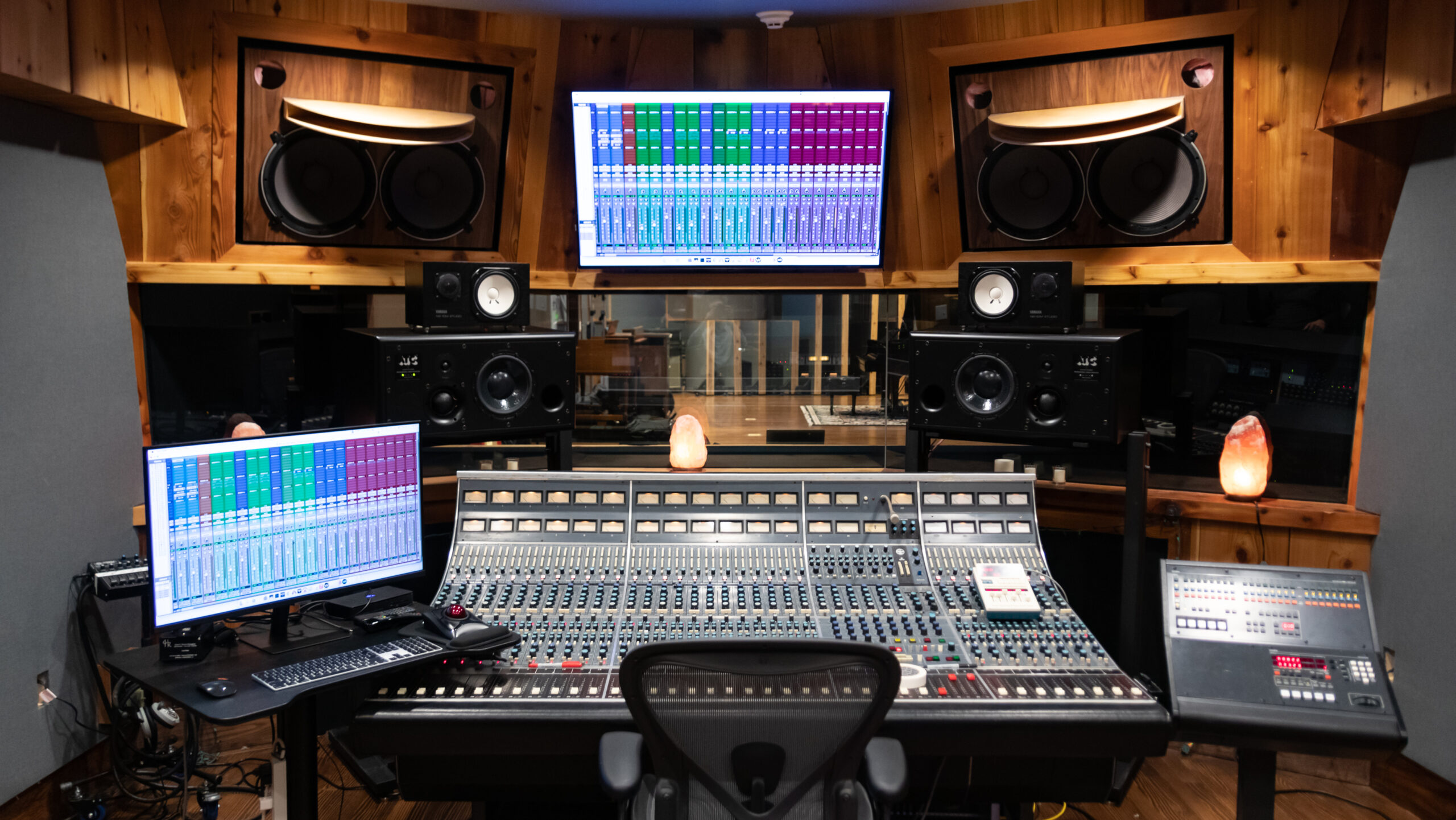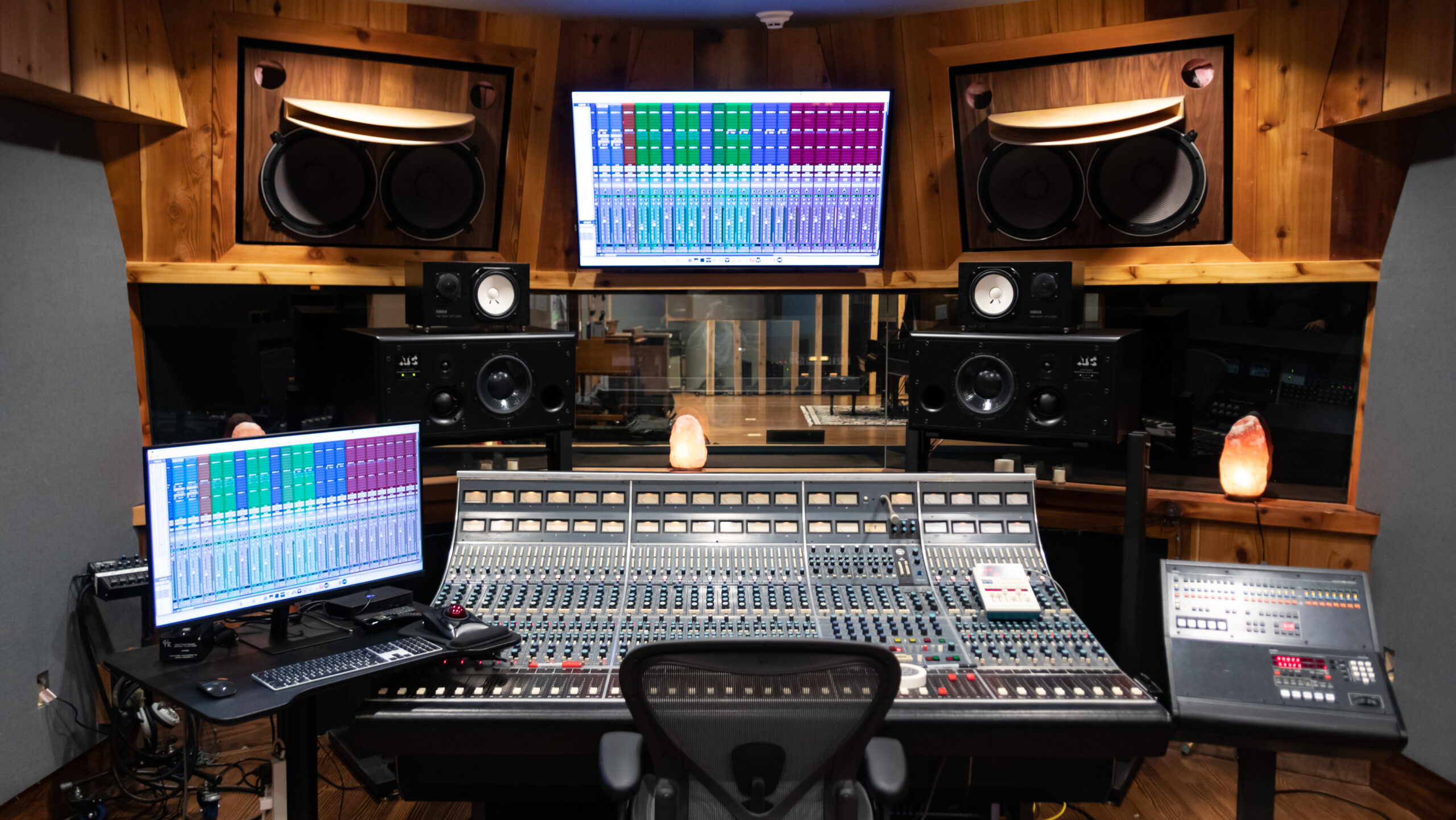The recording industry relies heavily on pristine…
Voice Recording Studio Insurance: Complete Coverage Guide for Audio Production Facilities
Voice recording studios face unique risks that standard business insurance policies often overlook. From expensive audio equipment to professional liability concerns, studio owners need specialized coverage to protect their investment and livelihood. This comprehensive guide explores the essential insurance requirements for voice recording studios and audio production facilities.
Understanding Voice Recording Studio Risks
Voice recording studios operate in a specialized environment with distinct risk factors that require tailored insurance solutions. These facilities house sensitive, high-value equipment while serving clients who depend on professional audio services for their projects.
Equipment and Technology Risks
Recording studios contain thousands of pounds worth of specialized equipment including microphones, mixing consoles, audio interfaces, monitors, and computer systems. This equipment is vulnerable to theft, fire, water damage, and power surges. A single incident could destroy equipment worth tens of thousands of pounds, potentially closing the studio for weeks or months.
Professional Liability Exposures
Studio operators face professional liability risks when providing recording, mixing, and mastering services. Clients may claim that poor audio quality, missed deadlines, or technical errors have damaged their projects or reputation. Voice-over artists, musicians, and commercial clients often have significant financial investments in their recordings.
Client Property and Data Risks
Studios regularly handle client property including instruments, equipment, and irreplaceable recordings. They also store digital audio files and project data that clients depend on. Loss or damage to client property or data could result in substantial liability claims.
Essential Insurance Coverage for Voice Recording Studios
Equipment Insurance
Specialized equipment insurance provides comprehensive protection for studio gear. This coverage should include replacement cost protection for all audio equipment, computers, and software. Coverage should extend to equipment breakdown, power surge damage, and theft both on and off premises.
Standard business insurance often undervalues specialized audio equipment or excludes certain types of damage. Equipment insurance designed for recording studios provides appropriate coverage limits and understands the unique nature of professional audio gear.
Professional Indemnity Insurance
Professional indemnity insurance protects against claims arising from professional services. For recording studios, this includes coverage for errors in recording, mixing, or mastering that allegedly damage client projects. Coverage extends to defense costs and settlements for professional negligence claims.
This insurance is particularly important when working with commercial clients who may suffer financial losses from audio production errors. Voice-over work for advertisements, corporate videos, and broadcast media can involve substantial client investments.
Public Liability Insurance
Public liability coverage protects against third-party injury or property damage claims. Recording studios regularly host clients, musicians, and other visitors who could be injured on the premises. Coverage includes slip and fall accidents, equipment-related injuries, and property damage to client belongings.
Studios with multiple rooms, stairs, or complex layouts face increased public liability exposures. Coverage should reflect the number of visitors and the nature of studio operations.
Employers Liability Insurance
Studios employing staff, freelancers, or contractors need employers liability insurance. This mandatory coverage protects against employee injury claims and occupational illness. Sound engineers, assistants, and technical staff face risks from heavy equipment, electrical hazards, and repetitive strain injuries.
Business Interruption Insurance
Business interruption coverage provides income protection when the studio cannot operate due to covered losses. Equipment failure, fire damage, or other incidents could force temporary closure while repairs are completed. This coverage replaces lost income and helps pay ongoing expenses during the interruption period.
For studios dependent on regular client bookings, business interruption insurance is essential financial protection. Coverage should reflect seasonal variations and peak booking periods.
Cyber Insurance
Modern recording studios rely heavily on digital systems and store substantial amounts of client data. Cyber insurance protects against data breaches, system failures, and cyber attacks. Coverage includes data recovery costs, client notification expenses, and liability for compromised personal information.
Studios storing client contact information, project files, and payment data face significant cyber liability exposures. Ransomware attacks could encrypt valuable recordings and client data.
Specialized Coverage Considerations
Portable Equipment Coverage
Many studios use portable recording equipment for location work or mobile services. Standard premises-based coverage may not extend to equipment used off-site. Portable equipment coverage provides protection for gear used at client locations, live venues, or other recording sites.
Transit Coverage
Equipment being transported to and from the studio needs transit coverage. This includes protection during loading, transportation, and temporary storage at other locations. Coverage should extend to hired or borrowed vehicles used for equipment transport.
Client Property Coverage
Studios regularly hold client instruments, equipment, and other valuable property. Bailee coverage protects against damage to client property while in the studio's care, custody, or control. This coverage is essential when clients leave expensive instruments or equipment at the studio.
Loss of Client Data
Digital recordings and project files represent irreplaceable value to clients. Coverage for loss of client data provides protection when recordings are accidentally deleted, corrupted, or destroyed. This specialized coverage addresses the unique nature of digital audio assets.
Industry-Specific Risk Management
Equipment Maintenance
Regular maintenance and calibration of audio equipment reduces breakdown risks and maintains professional standards. Preventive maintenance programs can also qualify for insurance premium discounts.
Security Systems
Professional security systems protect against theft and unauthorized access. Studios should implement access control, surveillance systems, and alarm monitoring to protect equipment and client property.
Fire Suppression
Specialized fire suppression systems designed for electronic equipment provide enhanced protection. Water-based sprinkler systems can cause extensive damage to audio equipment even when controlling fires effectively.
Backup Systems
Comprehensive backup systems protect against data loss and provide business continuity. Regular backups of client projects and system configurations enable rapid recovery from equipment failures or cyber incidents.
Choosing the Right Insurance Provider
Industry Experience
Insurance providers with recording studio experience understand the unique risks and coverage needs. They can provide appropriate coverage limits and policy terms that reflect studio operations.
Equipment Valuation
Proper equipment valuation ensures adequate coverage limits. Providers should understand the replacement cost of professional audio equipment and software licensing requirements.
Claims Handling
Specialized claims handling for studio equipment ensures rapid resolution and appropriate repairs or replacements. Providers should have relationships with professional audio equipment suppliers and repair facilities.
Risk Management Support
Insurance providers offering risk management support help studios identify and address potential exposures. This includes equipment maintenance recommendations, security assessments, and safety training.
Cost Factors and Premium Considerations
Studio Size and Equipment Value
Premium costs reflect the total value of equipment and the size of studio operations. Larger facilities with more expensive equipment typically pay higher premiums.
Location Factors
Studio location affects theft, fire, and natural disaster risks. Urban locations may face higher crime risks, while certain areas have increased fire or flood exposures.
Security Measures
Professional security systems, access control, and monitoring can reduce premium costs. Insurance providers often offer discounts for comprehensive security measures.
Claims History
Previous claims affect premium costs and coverage availability. Studios with good loss control and claims history typically qualify for better rates.
Common Coverage Gaps and Exclusions
Gradual Deterioration
Standard policies may exclude gradual deterioration of equipment. Specialized coverage addresses normal wear and tear that affects professional audio equipment.
Software and Licensing
Software licensing and digital assets may require separate coverage. Standard equipment insurance might not adequately cover software replacement costs and licensing fees.
Income Loss
Basic business interruption coverage might not reflect the full income potential of recording studios. Specialized coverage should consider peak booking periods and seasonal variations.
Client Contracts
Coverage should align with client contract requirements. Some clients may require specific insurance coverage or minimum policy limits.
Regulatory and Compliance Considerations
Health and Safety Requirements
Recording studios must comply with workplace health and safety regulations. Insurance coverage should support compliance efforts and provide protection against regulatory violations.
Data Protection Compliance
Studios handling personal data must comply with GDPR and other data protection regulations. Cyber insurance should include regulatory defense coverage and penalty protection.
Professional Standards
Industry professional standards and best practices affect insurance requirements. Coverage should reflect the studio's commitment to professional excellence and client service.
Making a Claim: What to Expect
Immediate Response
Equipment damage or theft requires immediate notification to insurance providers. Quick response helps minimize losses and begins the claims process promptly.
Documentation Requirements
Comprehensive documentation supports successful claims resolution. This includes equipment inventories, purchase receipts, maintenance records, and incident reports.
Temporary Solutions
Insurance providers may offer temporary equipment or alternative studio access while claims are processed. This helps maintain business continuity during the claims period.
Repair and Replacement
Specialized repair networks ensure professional equipment is properly restored or replaced. Insurance providers should have relationships with authorized repair facilities and equipment suppliers.
Future-Proofing Your Coverage
Technology Changes
Evolving audio technology requires regular coverage reviews. New equipment types and digital workflows may need additional coverage considerations.
Business Growth
Expanding operations, additional locations, or new services require coverage updates. Regular policy reviews ensure coverage keeps pace with business development.
Market Changes
Changes in the recording industry affect risk exposures and insurance needs. Providers should offer guidance on emerging risks and coverage solutions.
Voice recording studio insurance requires specialized knowledge and tailored coverage solutions. By understanding the unique risks and working with experienced insurance providers, studio owners can protect their investment and ensure business continuity. Regular coverage reviews and proactive risk management help maintain appropriate protection as the business evolves.
For expert guidance on voice recording studio insurance, contact Insure24 at 0330 127 2333 or visit www.insure24.co.uk to discuss your specific coverage needs.


 0330 127 2333
0330 127 2333
